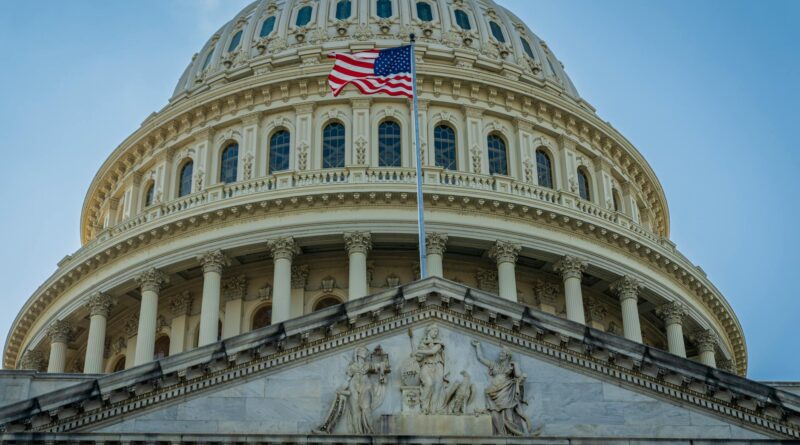Unraveling the Historical Threads: The Significance of Cannabis in Washington State
The history of cannabis in Washington State is a captivating narrative interwoven with cultural shifts, social movements, and evolving legislation. Tracing back to the prohibition era, the path of cannabis reform in Washington State had been punctuated by continual transformations, reflecting the changing societal perceptions of this often-misunderstood plant.
The first recorded mention of cannabis in the area dates back to the early 20th century. During the prohibition era, marijuana was viewed negatively, conflated with harmful drugs such as opiates and cocaine. Amid scare tactics and a nationwide ‘war on drugs’, Washington State followed the federal lead and outlawed cannabis in 1923, more than a decade before the federal Marijuana Tax Act of 1937.
In the following decades, the cultural impact of cannabis on Washington State evolved alongside broader social changes. The 1960s saw a counterculture movement that began reevaluating cannabis use. The counterculture in Washington State, like in many parts of the western world, embraced cannabis as a symbol of rebellion against the status quo.
Alongside this cultural revolution, a legal revolution was also occurring, ignited by marijuana laws that were increasingly viewed as overly punitive. In 1971, Washington State decriminalized the possession of small amounts of marijuana, making it the first state to take such a step.
However, Washington’s legalization journey still had a long way to go. In 1998, the State passed a law permitting the use of medical marijuana, providing a safe and legal avenue for patients to access cannabis for medicinal purposes. This law both acknowledged the potential medical uses of cannabis and set the stage for further cannabis reform.
Washington State’s historical significance in cannabis’s broader narrative in the United States reached its peak on November 6, 2012. After a years-long battle over the potential legalization of recreational cannabis, residents of Washington State approved an initiative called I-502. The measure legalized the regulated production, distribution, and possession of cannabis, making Washington State one of the first two states, along with Colorado, to take this groundbreaking step.
The legalization had a profound cultural impact, reshaping public perceptions about cannabis use and contributing to an ongoing nationwide discussion about marijuana laws. Washington State’s progressive stance influenced other states to move forward towards cannabis reform, fostering a new era of marijuana policy in America.
Today, the cannabis industry continues to flourish in Washington State, both medically and recreationally, and it has become a significant and growing part of the state’s economy. In 2020, the state recorded a staggering $1.42 billion in marijuana sales, according to the Washington State Liquor and Cannabis Board.
In conclusion, the historical significance of cannabis in Washington State is substantial; it mirrors the evolution of the plant’s perception, from a feared and misunderstood substance in the prohibition era to its recognition as a medical resource, to its broader social acceptance today. The cultural impact of cannabis reform in Washington State testifies to the power of social movements and progressive legislations in refining societal norms. As we continue tracking the value and influence of cannabis within the State and beyond, we recognize Washington State’s crucial role in this trajectory, underlining a transformative historical chapter in the narrative of cannabis.
